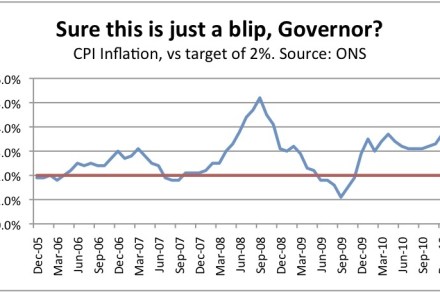Sir Humphrey’s new suit
A friend of mine has just come back from a few days of Civil Service in-house training. He managed in no time to get the hang of the exercise, namely, the mastery of another language. Not a foreign language, which might have been handy, but not English either. ‘I learnt,’ he said proudly, ‘about “brain-friendly learning”, “career pathing”, “energy management” and — my absolute favourite — “impact residue”, which is what you leave behind when you have met someone: what the uninitiated would call a lasting impression. I was encouraged to “flex my styles” and identify “meta-objectives”. In short, I am a new man.’ In other words, he’s learned management-speak.














